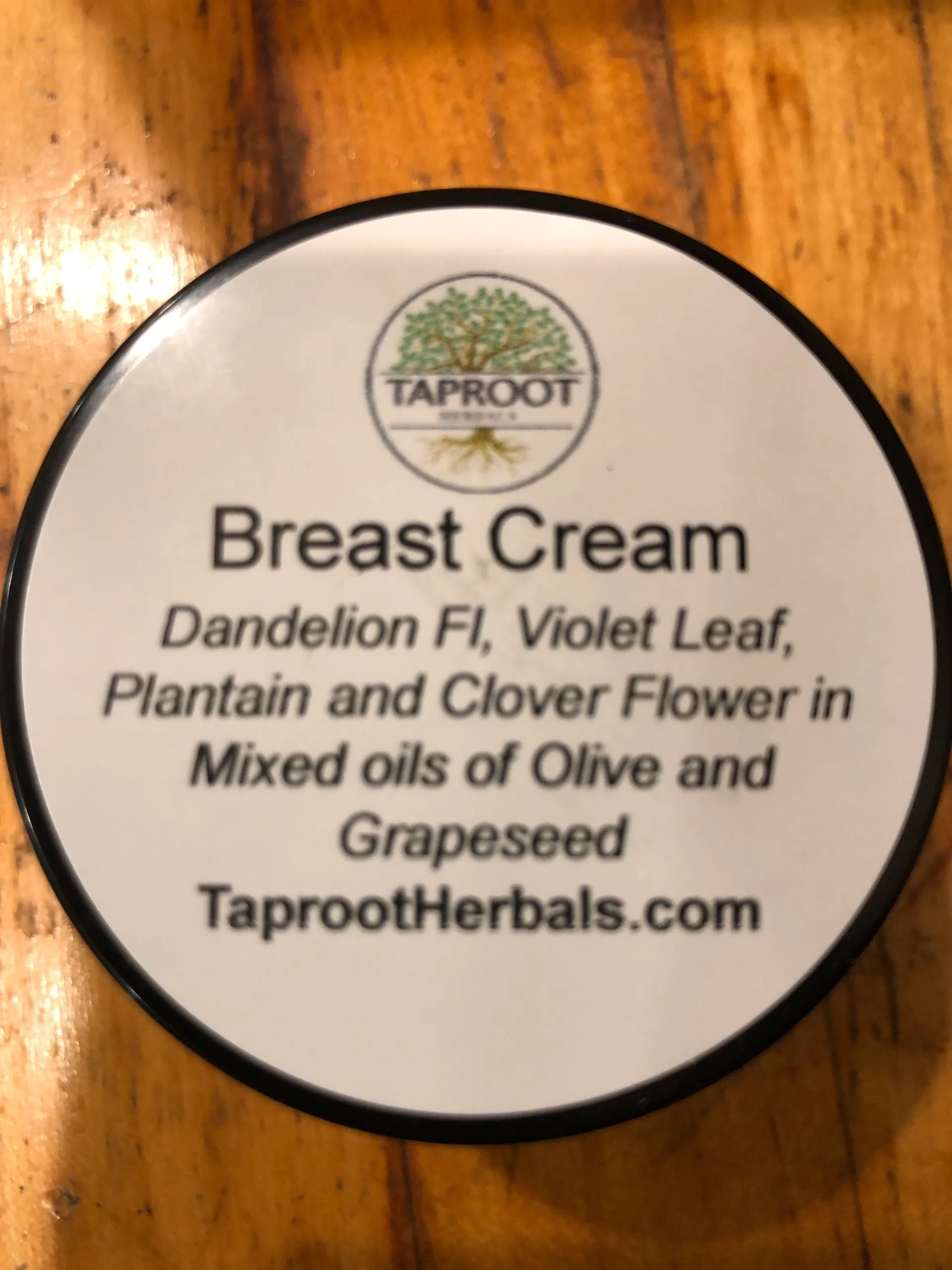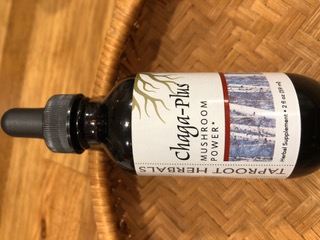Article
What Are Adaptogens?
Herbs known as adaptogens help the body deal with stress, whether it comes from worry, exhaustion, trauma, infection, etc. They are utilized to boost general vigor and enhance the immune system. There have only been a few studies on adaptogens, and most of them have concentrated on the individual qualities of the herbs rather than the complete plants, which are customarily employed. According to one idea, adaptogens affect the hypothalamic-pituitary-adrenal (HPA) axis, which controls the immune system, digestion, metabolism, and mood. The HPA axis also orchestrates the stress response. Research suggests Ashwagandha supplements may help relieve stress and anxiety. In a small study with 58 participants, those who took 250 or 600 mg of ashwagandha extract for 8 weeks had significantly reduced perceived stress and levels of the stress hormone cortisol compared with those who took a placebo.
An herb must possess three key characteristics to be classified as an adaptogen: it must be nontoxic at normal doses, support the body's ability to deal with stress as a whole, and aid the body in returning to a state of homeostasis regardless of how the body has changed in response to stress—that is, it must support those bodily functions that are hypo functioning and temper those that are hyperfunctioning. Knowing the patient's constitution, the unique activities of each herb, and how these two interact allows for the most efficient usage of a given adaptogen. In general, herbal medicine is both an art and a science.
A Brief History of Adaptogens
The market for natural health products is expanding, and CBD and adaptogenic plants are setting the pace. To fully understand the history of adaptogens, one must go back to the time of the origins of TCM and Ayurveda, which is said to have occurred approximately 3000 BCE. Although adaptogenic plants and mushrooms have been used for thousands of years, the name "adaptogen" didn't become popular until the 1940s. Herbs and mushrooms that are adaptogenic have the rare capacity to "adapt" their function to the individual requirements of the body. The oldest documented use of adaptogens called for imperial excursions to far-off places. Rhodiola is said to have initially been discovered in a part of Siberia. Royal families utilized Reishi, Rhodiola, and Ginseng between 2500 and 700 BCE. Although adaptogenic plants were referenced in the oldest Ayurvedic texts, Charaka-Samhita, the first well-known classic of Ayurvedic medicine, gave them a large spotlight as "valuable medicines." Author and herbalist Charaka included more than 350 medicinal plants in this literature, including herbs that promote adaptability such as holy basil, amla, and shilajit. Adaptogenic plants then continued to appear in medicinal books like The Shennong Herbal and De Materia Medica by Greek physician Dioscorides. These manuscripts served as study and documentation for some of the first instances of medicine being used in China, India, and various regions of Europe. Over the following few hundred years, Shaolin Monks, Vikings, and even a Russian Tzar used adaptogenic herbs like Chaga, Rhodiola, and Reishi.
Harnessing The Ancient Power Of Adaptogenic Herbs
Ayurvedic medicine, often regarded as the world's oldest school of medicine, has spent 5,000 years fostering balance inside the body to promote health. As a result, it has had such great success using plants to treat ailments that many different plant species have been revered in Vedic religion for the strong life-giving powers they possess. A class of herbs known as "adaptogens" have come to be considered among the most highly praised of these plants for their distinct capacities to cure and ward against sickness.
Adrenal tiredness is prevented when an adaptogenic herb is ingested because the adaptogenic chemicals in it directly target the adrenal system and reduce the levels of stress hormones there. Adaptogens can help since they have the power to prevent illnesses including weight gain, bone loss, diabetes, heart disease, and digestive problems. Stress hormones have the potential to do considerable damage to both physical and psychological health. Western medical science has made an effort to explain adaptogens using its research techniques ever since it started to recognize their benefits. These have consistently failed because, unlike Ayurveda, it solely considers the physical state as opposed to the mind-body mechanism that adaptogenic herbal treatment operates on. Similar to how pharmaceutical companies studied these herbs in the 1940s and 1950s, spending millions of dollars to conduct random drug screenings on their various components in the hopes of adding them in their isolated forms to drugs, Western research methodology fails to study a natural substance in its complete form, preferring instead to isolate components in it and try to make them work in a vacuum. Because of the prevalent reductionist mindset in medical research and practice, the majority of these trials were a complete failure.
Comparatively short-lived to the thousands of years of meticulous investigation that ancient physicians undertook and documented, western medical research projects have been very recent. Natural healthcare professionals frequently criticize Western scholars for failing to acknowledge the thousands of years of Ayurvedic study, trials, and achievements founded on nature's wholeness. Modern allopathic doctors could be humbled to appreciate the worth of traditional old healing and that some functions of the human body do not occur in a vacuum by realizing the limitations of their methods. Studies of humans and plants in isolation cannot capture the dynamic and complexity of the human situation."Ayurveda" is derived from the Sanskrit terms ayus, which means "life," and Veda, which means "knowledge." The three ruling forces of the body, known as the tridoshas, are the basis of its therapeutic philosophy. When one of these forces is in excess, the body becomes ill and out of balance. The three doshas include pitta, which is associated with enzymes, neurological systems, and neurological hormones, vata, which regulates energy production and conservation, tissue respiration, and related mechanisms, and Kapha, which is associated with water and electrolyte balance. According to Ayurvedic Medicine, adaptogenic herbs are potently efficient plants that help the body balance the doshas and better handle stress. This explains why they are so heavily reliant on using herbal remedies.
Taproot Herbals
Designed to accommodate a hectic way of life, herbal adaptogens have a reputation for helping people cope with the stresses of contemporary life. They have a balancing and stabilizing effect on our bodies, minds, and souls. For the purpose of bringing you her Chaga and Rhodiola tinctures, Chaga creams, and other goods, Marie Frohlich, Principal of Taproot Herbals, has been sharing the ‘Magic and Message' of herbal medicine through her skills as a herbalist and health coach to benefit her clients and consumers.
Taproot Herbals: Breast Cream


Breast cream produced with premium plants' infused oils Dandelion flower, Violet leaf, Plantain, and Clover flower is widely known for improving breast irritability.
Imagine a dandelion flower with its burst of energy released outward, the calming effects of violet and plantain leaves, the lovely clover explosion of pink and scarlet, and a community of flowers coming to the rescue. Other components include distilled water, beeswax, cocoa butter, coconut oil, vitamin E oil, and a little amount of lanolin for preservation.
Taproot Herbals: Chaga Plus

Chaga has long been valued for its ability to prolong life. Medicinal mushrooms, especially chaga, and this combination have been shown through thousands of years of research in Traditional Chinese Medicine to prolong youth, extend longevity, improve health, and raise life force. Zinc, copper, magnesium, calcium, potassium, iron, silicon, manganese, and other elements are included in Chaga Plus. Chaga Plus has spasmolytic, diuretic, antibacterial, restorative, laxative, and anti-tumorigenic effects. Reishi mushroom, known to assist allergies, Astragalus, another immune-boosting root supplement, and cordyceps, a supercharged fungus for promoting health and vigor, are all included in the Chaga Plus mushroom combination.
Blending East And West Medicine To Form A Whole
You might be shocked to learn how many practitioners of Asian medicine are already engaged in integrative practices in healthcare facilities all around the country. Western medicine, as described by the National Cancer Institute (NCI), is "a system in which medical doctors and other health care professionals (such as nurses, chemists, and therapists) treat symptoms and diseases using drugs, radiation, or surgery." The oldest organized system of medicine in the world is known as Eastern medicine, commonly referred to as Oriental medicine or traditional Chinese medicine. It refers to a variety of medical procedures that have their roots in Asia. While Western medicine often focuses on identifying and treating diseases and illnesses based on a patient's symptoms, Eastern medicine practitioners generally believe in treating the full person and encouraging a healthy body to avoid sickness and hasten recovery. Though significantly distinct from one another, both forms of treatment have a role in the present healthcare system. Many doctors who practice both Western and Eastern medicine are looking for methods to complement one another's approaches. Western medicine is reactive, treating illnesses and other conditions as they develop. Eastern medicine like Ayurvedic and Traditional Chinese Medicine, on the other hand, emphasizes prevention and seeks to keep bodily functions like the immunological and digestive systems healthy. These whole bodily systems are frequently the root of illnesses when they are malfunctioning or out of balance. The fact that acupuncture, herbal remedies, and other forms of alternative medicine are non-invasive and rarely have negative side effects is one of their main advantages. Oriental medicine and Ayurvedic therapies are increasingly employed as a first-line treatment before resorting to pharmaceutical medications or invasive surgery.
* In partnership with our friends at Tap Root herbals LLC* Photo courtesy of Tap Root herbals LLC.
* These statements have not been evaluated by the Food and Drug Administration. These products are not intended to diagnose, treat, cure or prevent any disease.
* The information available on ewellnessmag.com, including text, graphics, and other materials is for informational purposes only. Reliance on any information in ewellnessmag.com is at the user's own risk. Sponsored product placement may appear in the article. The visitor of this website acknowledges that the information available on or through ewellnessmag.com is not and is not intended to be a substitute for professional medical advice. Copyright © 2023 Brawo Press, Inc. All rights reserved.
Share article










You must be logged in to add a comment ... → Log in | Register